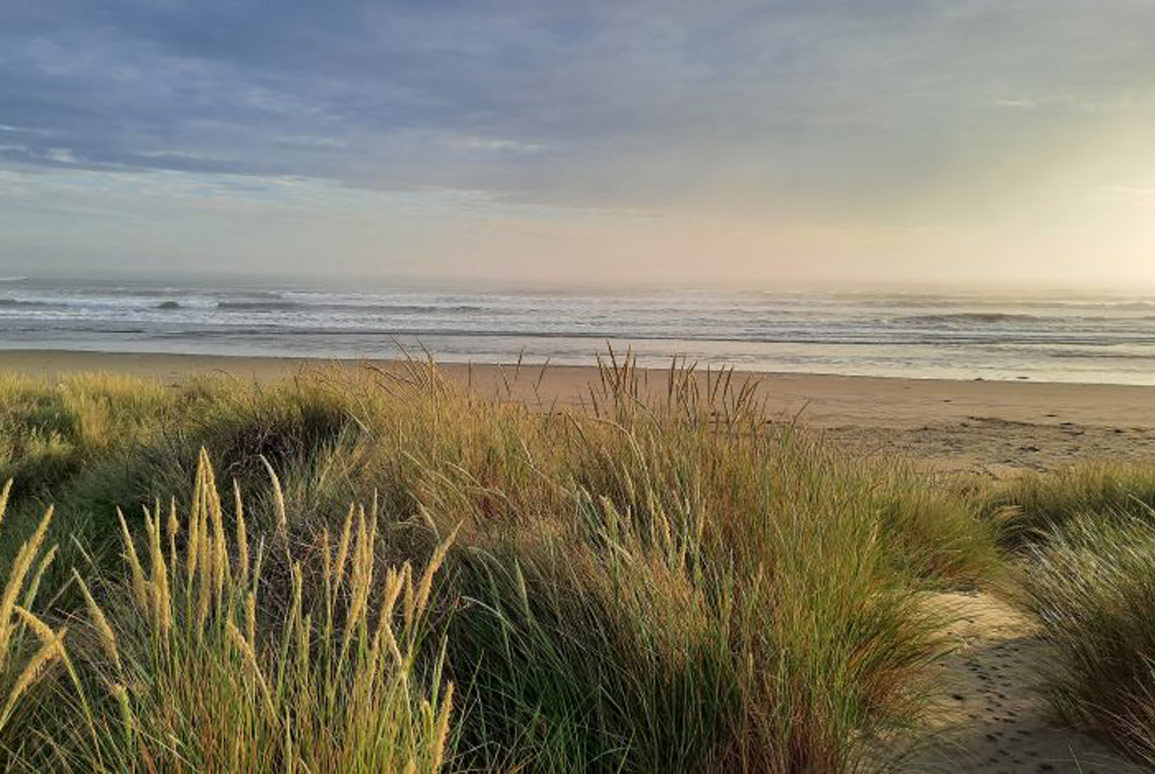Helping Protect our Coastlines: Share your views
13 April 2022
Boffa Miskell is undertaking research to improve understanding of the role that nature-based methods can play in the coastal hazard adaptation process.

What are nature-based solutions for coastal hazards?
Nature-based solutions for coastal hazards are based on the creation, enhancement, or restoration of natural coastal features; including beaches, dunes, saltmarshes, mangroves, seagrasses meadows, kelp forests, and shellfish reefs.
These habitats can protect people, assets, and infrastructure by mitigating flooding, erosion, and wave impacts from the sea. Further inland, nature-based solutions can also mitigate coastal hazards by reducing the downstream flow of rivers towards the coast.
With climate change exacerbating the risks posed by coastal hazards, nature-based solutions are gaining traction in science and policy worldwide. Hard-engineered structures (such as seawalls) will continue to be widely used, but, in the right context, nature-based solutions can offer more flexible and sustainable approaches to coastal defence, while also providing a range of ecological, social, cultural and financial benefits.
Who else is involved?
This research is based on a survey designed by Boffa Miskell, along with collaborators at the University of Canterbury and Jacobs New Zealand.
The goal of the survey is to collect views about the role of nature-based solutions in the coastal hazard adaptation process in Aotearoa New Zealand.
How can you help?
If you are a professional with expertise in the coastal hazards and coastal adaptation space, or have a professional interest in these fields, please share your views. Specific expertise in or previous involvement with nature-based solutions is not required.
As nature-based solutions strongly align with Te Ao Māori, we also welcome respondents from iwi and Māori organizations who have an active interest in the management of our natural resources and resilience to nature’s challenges, even if you are not professionally involved in the coastal adaptation space.
Your responses will be anonymous.
The survey has now closed.
You can view a list of the questions asked in the survey here
For further information please contact Dr. Tommaso Alestra

